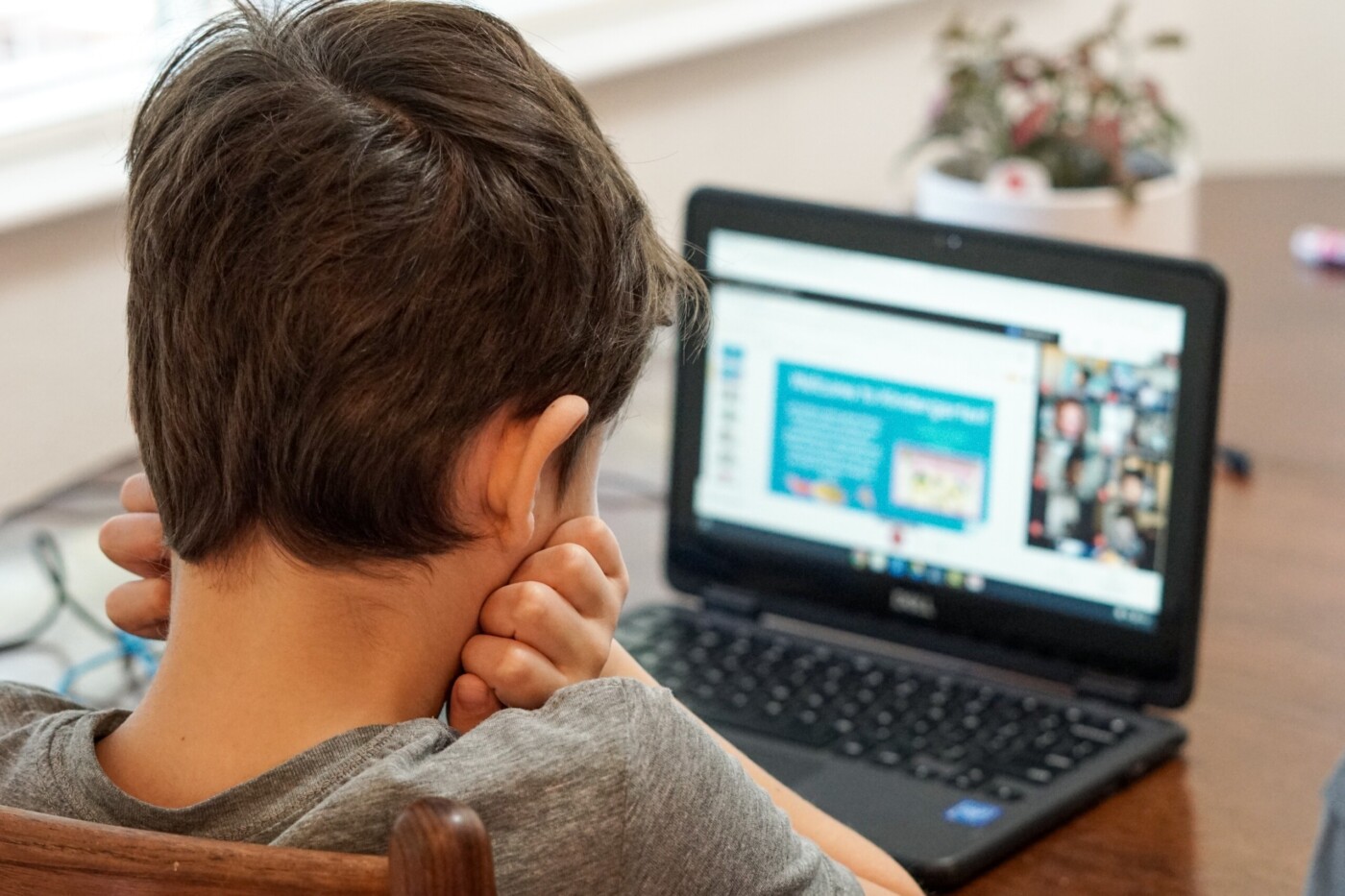Despite statewide efforts, California is still struggling to support the personal and educational needs of its students, according to the 2024 California Children’s Report Card conducted by the organization Children Now, which “grades the State on its ability to support better outcomes for kids” and evaluates progress made on California policies and investments.
“California has failed to significantly improve outcomes for kids, allowing unacceptable and economic disparities to stagnate and in many cases grow,” Ted Lempert, Children Now’s president, wrote in a letter included in the report.
“What’s particularly disturbing is that California continues to trail far behind other states on a number of important indicators of child well-being. Despite our relatively high tax burden, our progressive leanings, and our enviable 5th largest economy in the world, California is far from a leader when it comes to kids. That’s not only a threat to our state’s collective future, but to the entire country as well since California is so often a bellwether for the nation.”
Children’s health
Among the health categories assessed, “health insurance” received the highest grade, A-minus. Meanwhile, “birthing health,” “preventative screenings,” “supporting mental health,” “preventing substance abuse” and “health care access and accountability, all received grades in the D range.
The rest of the health categories — including “environmental health and justice,” “oral health care” and “relationships and sexual health” — all received grades in the C range.
Additionally, the report noted that “while many states and municipalities across the country have declared racism as a public health crisis, California has yet to do so.”
According to the report, “children’s poor health outcomes are largely driven by racism at the intersection of poverty, sexual orientation, gender, and geography.”
Children’s education
Of the 12 topics under education, none earned a grade in the A range. Here’s how the report assessed the state on its education:
- C-minus for child care.
- B-plus for preschool and transitional kindergarten.
- B-minus for early care and education workforce.
- D for early intervention and special education.
- C-minus for education for dual language and English learners.
- C-plus for funding.
- B for expanded learning programs
- D for science, technology, engineering and math education.
- C for educator pipeline, retention and diversity.
- D for school climate: connections with adults on campus.
- C for “school climate: discipline and attendance.
- B-minus for higher education.
“California is investing record amounts in public education, yet struggles to effectively support students, especially those who need the most help,” the report reads.
It added that the state’s education system “ranks 43rd of 50 states of outcome gaps by race and ethnicity.”
Support from family
In terms of family support, “voluntary evidence-based home visiting” earned a C-minus, while in “paid family leave,” the state received a B-minus. “Income assistance for low-income families” was given a B.
“Children’s well-being is fueled by good health, enriching learning opportunities, and positive and nurturing relationships with adults. Both adult and child well-being can be undermined by unmet basic needs, economic hardship, social isolation, and stress,” according to the report.
“Throughout the pandemic, California made positive policy changes to bolster families with key supports, even as federal funding withered away,” the report read. “However, too often, families with young children are an afterthought in California policy.”
Child welfare in California
None of the child welfare categories garnered an A or B.
Instead, the state earned a C for “home stability and enduring relationships” and a C-plus in “health care for kids in foster care.”
Meanwhile, the state earned a D in both education supports for students in foster care and transitions to adulthood.
“For children and youth who cannot remain safely at home and must enter foster care, the State must ensure access to stable and nurturing foster homes, trauma-informed services, and targeted, high-quality educational supports to help them heal and thrive,” the report states.
Cross-sector issues facing California children
In terms of “cross-sector” issues, both “food security” and “cradle-to-career data systems” received a B-minus, while support for LGBTQ+ youth received a C-plus, “decriminalization of youth” received a D-plus and support for unaccompanied homeless youth landed a D-minus.
“While all of the issues in the “Report Card” are interrelated, the topics in this section have especially strong implications across multiple sectors and systems,” the report read.
“A whole-child approach to supporting kids incorporates services that meet young people where they’re at and address the many factors that are needed to help them thrive.”
